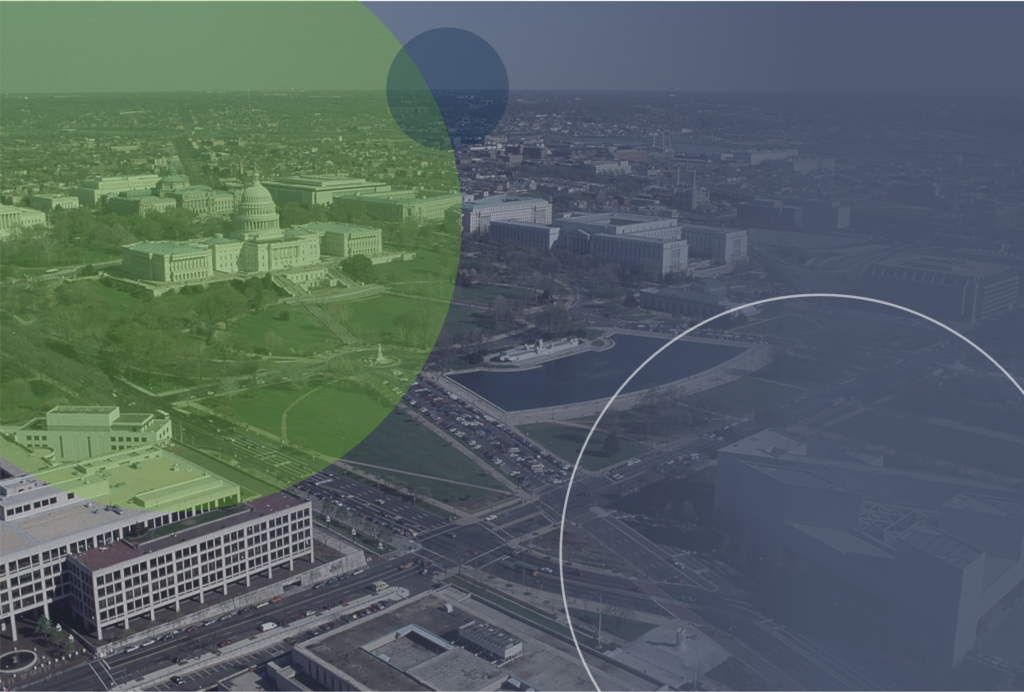Conflicts of Interest on Vaccine Panels Have Plummeted, Undermining Kennedy’s Claims
A new JAMA study finds conflicts of interest on federal vaccine advisory committees are at “historically low levels.” Reported conflicts among CDC Advisory Committee on Immunization Practices (ACIP) members dropped from nearly 43% in 2000 to 5% in 2024, while FDA vaccine panel conflicts fell from 11% to 0. Since 2016, only 6.2% of ACIP members and 1.9% of FDA members reported financial conflicts, mostly tied to research funding rather than direct income from manufacturers, leading researchers to conclude the current levels are minimal and not “particularly worrisome.” The findings clash with HHS Secretary Robert F. Kennedy Jr.’s repeated claims that ACIP is “plagued” by industry ties, which he cited in firing all panel members earlier this year; his replacement of the committee with appointees who include vaccine skeptics has raised questions about credibility, oversight, and the risk of undermining public trust.
Key Takeaway: Hospitals and pediatric providers should anticipate continued public confusion and debate over vaccine oversight, despite evidence showing conflicts are low. Kennedy’s reshaping of ACIP may fuel hesitancy and disrupt immunization policy if new members bring credibility issues. Health systems should reinforce confidence in vaccines by highlighting independent safety reviews, preparing communication strategies to address skepticism, and monitoring federal advisory changes for potential impacts on immunization schedules and compliance.
Justice Department Subpoenas Trans Youth Care Records, Prompting Fear and Program Closures
The Justice Department has issued more than 20 subpoenas to hospitals and clinics providing gender-affirming care for minors, demanding sensitive information such as patient addresses, Social Security numbers, billing records, emails, and encrypted text messages. One subpoena to Children’s Hospital of Philadelphia sought every record dating back to 2020, an unprecedented scope that legal experts say goes beyond typical health-care fraud probes. Attorney General Pam Bondi has framed the move as accountability for “mutilating children,” but critics argue it is a sweeping overreach intended to intimidate providers. Since the subpoenas, more than a dozen hospitals, many in blue states, have scaled back or shut down youth gender-care programs, leaving families scrambling to find care and raising fears of federal prosecution among doctors.
Key Takeaway: Hospitals should prepare for escalating federal scrutiny and potential subpoenas tied to gender-affirming care, even where such care remains legal. Providers must evaluate data security, legal exposure, and patient communications, while anticipating heightened fear and backlash in affected communities. Clear guidance and proactive communication will be critical to maintain patient trust and mitigate disruptions in care.
Supreme Court Allows NIH Grant Cuts to Stand Temporarily, Case Moves Forward
In a 5–4 decision, the Supreme Court allowed the Trump administration to cancel more than $780 million in National Institutes of Health grants tied to diversity, equity, inclusion, “gender ideology,” and vaccine hesitancy research. While a different majority also let stand a lower court ruling that found the underlying policy was likely unlawful, the fractured outcome means already-canceled grants will not be reinstated immediately, though recipients may still sue. The mixed ruling follows months of litigation after the NIH terminated thousands of grants, moves that forced mass layoffs and halted graduate programs at institutions like the University of Massachusetts Medical School. Critics, including Judge William Young of the Massachusetts District Court, blasted the administration’s rationale as unsupported and warned the cuts could derail lifesaving research for years.
Key Takeaway: Hospitals, academic health centers, and research institutions face heightened funding uncertainty as politically targeted NIH grant cancellations proceed. The ruling signals prolonged instability in federal research support, requiring institutions to brace for further disruptions, pursue alternative funding streams, and closely track ongoing litigation for potential restoration or broader precedent-setting impacts.
Covid Vaccine Skeptic to Lead Federal Review Team, Deepening Concerns Over Credibility
The CDC’s Advisory Committee on Immunization Practices has formed a new task force to review Covid-19 vaccine safety, appointing MIT professor Retsef Levi, who has called the shots “the most failing medical product in history,” as chair. Levi, selected by HHS Secretary Robert F. Kennedy Jr., previously urged the removal of COVID-19 vaccines from the market and now leads a subgroup tasked with examining vaccine injury reports and related claims, many of which experts consider long debunked. The move follows Kennedy’s dismissal of all prior ACIP members and replacement with figures tied to vaccine skepticism, prompting warnings from public health leaders that the credibility of federal vaccine oversight is eroding. Critics, including former CDC officials, say placing an outspoken opponent in charge risks cherry-picking evidence, undermining trust, and further fueling vaccine hesitancy at a time when confidence in Covid shots is already sharply polarized.
Key Takeaway: Hospitals should prepare for shifting vaccine guidance that may lack scientific consensus, with task force leadership raising credibility questions. Health systems need to monitor upcoming recommendations closely, anticipate potential changes to COVID-19 vaccine eligibility, and be ready to adjust clinical protocols and patient communications quickly.
On the Horizon
Congress Faces September 30 Deadline to Extend Medicare Telehealth Flexibilities: With Medicare’s pandemic-era telehealth waivers set to expire September 30, the AMA is urging lawmakers to act quickly on H.R. 4206/S.1261, the CONNECT for Health Act of 2025. The bipartisan, bicameral legislation would permanently remove outdated restrictions that limited coverage to rural patients and required visits to specific originating sites, instead allowing beneficiaries nationwide to access telehealth from home or any location. The bill would also repeal an in-person requirement for telemental health visits and codify flexibilities that have become central to patient care. The AMA, the only national medical association featured in the bill’s rollout, says permanent extension is essential to ensuring equitable access and continuity of care.
Why it matters for hospitals: Without congressional action, Medicare telehealth coverage will revert to pre-pandemic limits, forcing patients to travel for virtual care or lose access altogether. Hospitals and health systems risk losing a critical tool for reaching rural, underserved, and mobility-limited populations. Providers should track legislative negotiations closely, prepare patient communications about potential changes, and plan for operational adjustments if flexibilities lapse.
